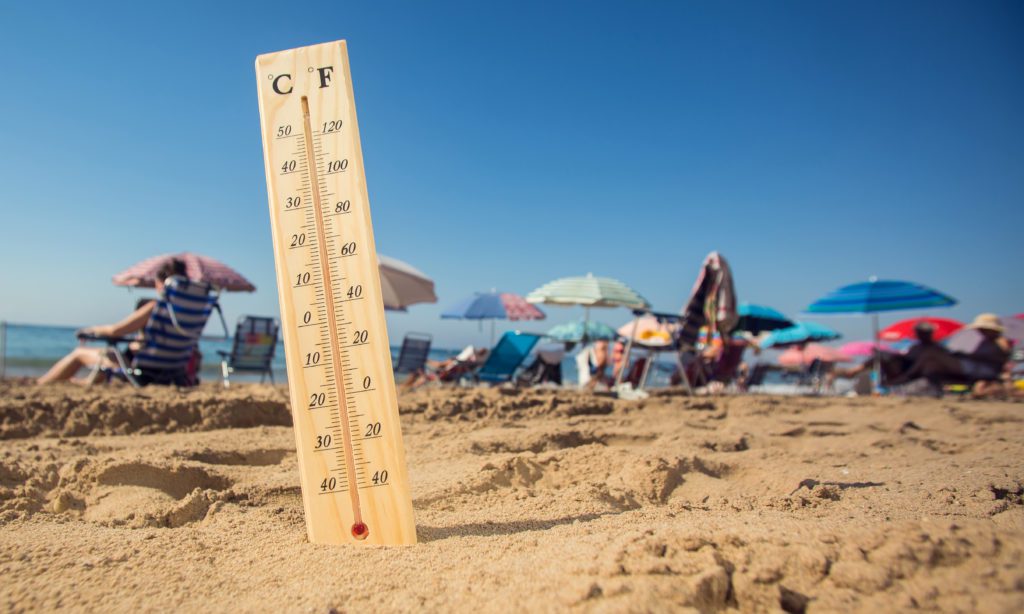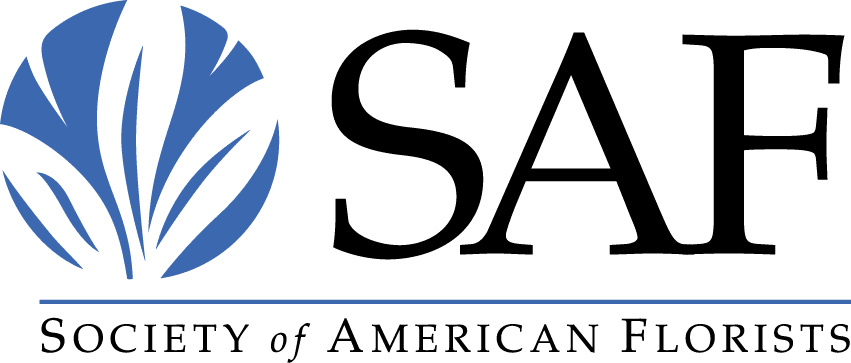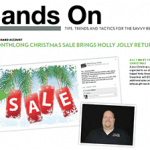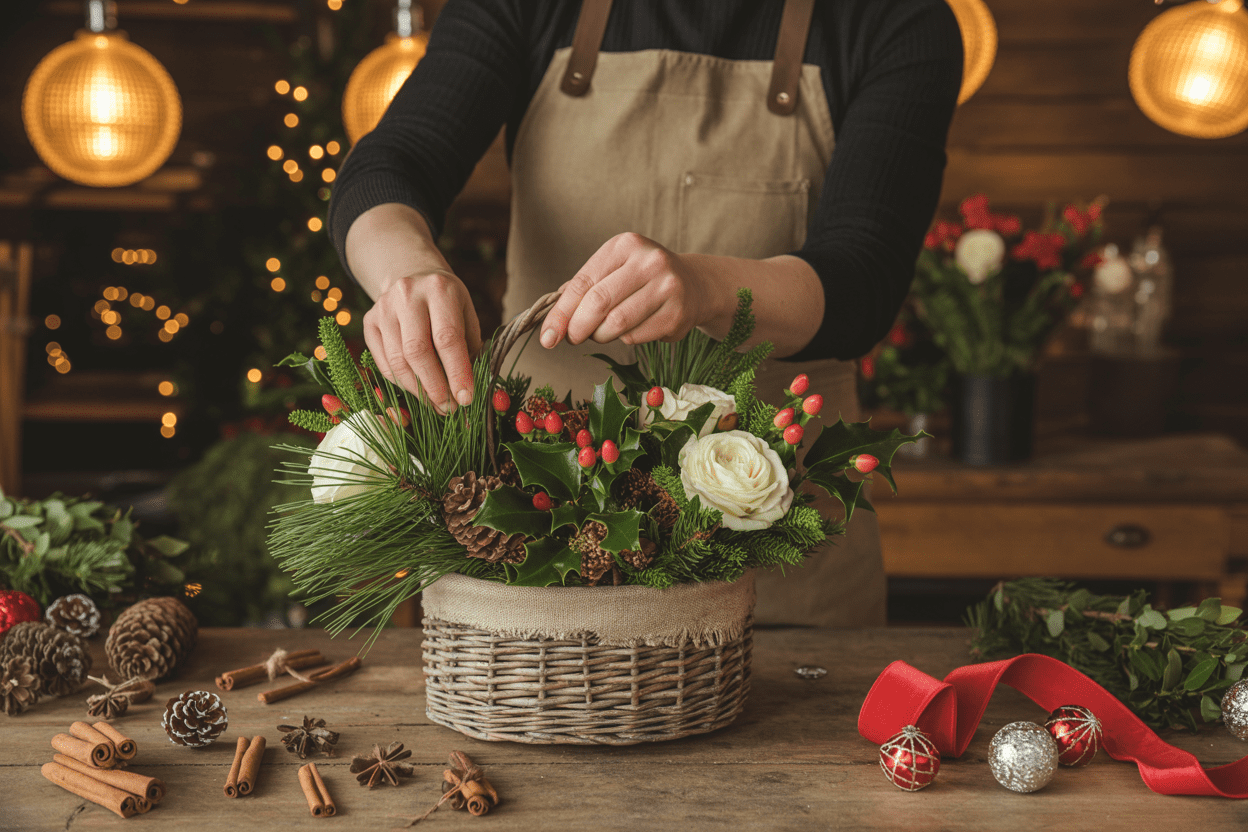
Extreme heat, fewer events and more travel are to blame for slower summer flower sales, some floral professionals say.
Fewer weddings and events, more people traveling and extreme heat are compounding what’s already been a slow summer for flower sales for some amid lingering inflation and economic uncertainty, say floral professionals who are holding out hope for better fall sales.
“We’ve seen a real tough summer, especially for the retail and event florists,” David Kaplan of Above All Flowers said July 26 during the Society of American Florists’ Ultimate Roundtable, a monthly digital gathering of SAF members. He speculates that a bump in travel has impacted the number of events taking place this summer.
The other factor hurting sales — including for mass market floral retailers, Kaplan said — is the weeks-long, record-breaking heat wave affecting tens of millions of Americans.
“Flowers don’t do well in 140 degrees and a lot of people have passed the flower aisle because of that,” Kaplan said, explaining that many people don’t want to leave flowers in a hot vehicle while they run errands. He worried that hotter than normal ocean waters will spawn more hurricanes, which is also detrimental to the industry, particularly when they affect the Miami area, where most flowers are imported.
Holding Out Hope
Cameron Pappas, AAF, of Norton’s Florist in Birmingham, Alabama expects to see an uptick in early August, when school is back in session for some areas and people are traveling less.
“Typically once we’re back in school, it starts to pick up,” said Pappas. “So if you’re down, just hold on. Just hold on. Make it a couple more weeks and hopefully we’ll be back into a regular pace of business.”
Pappas is adjusting by marking down prices on items with bigger margins to keep volume up. He’s also leaning into the emotional and mental health aspects of flowers, which was beneficial during the pandemic.
“I think that if we have a mindset that flowers are a commodity and that they’re a tool to help us feel better and get through whatever these hard times are, then we’re going to be able to sell flowers,” he said.
Erin Davidson, AAF, of McNamara Florist in Indianapolis, said the business has spent the slower summer months honing in relationships with funeral homes and churches.
“Those are the relationships that will be there no matter what the market is doing,” she said.
Looking Ahead
The market continues to send mixed signals, according to Charlie Hall, Ph.D., SAF’s chief economist and the Ellison Chair of Floriculture at Texas A&M University. Hall points out that inflation is slowing, the supply chain has recovered, the job market is tightening, the unemployment rate rose in June, and consumers’ capacity to spend remains strong. That last point is an important one for the industry to keep in mind, Hall said.
“This is one of the things that should make you feel really good … because consumers, particularly our target consumer, which typically is middle to upper income families, ,” Hall said.
In June, inflation rose at its slowest pace — 3 percent — in more than two years, a result of the Federal Reserve’s incremental increases in interest rates, Hall said. While that is helping to cool inflation, it’s also making it more expensive to borrow money and curbing job creation.
“I’m leaning more towards next year that we’ll have a mild short-lived downturn — notice I did not say the ‘r’ word,” Hall said. “I’m just saying that there’s going to be a correction.”
His advice to business owners? Be conservative with money even if your business has fared well, and manage working capital.
“Resist irrational exuberance,” Hall said. “If you’re in an area where it’s been the perfect storm in your favor, just realize that some of the gains that have been made in terms of top line sales has been because the increases in price. Secondly, you’ve got to manage working capital, because if there is going to be a correction that occurs, a downturn, you’ve got to have the cash to get through it.”
Amanda Jedlinsky is the managing editor of SAF NOW.







